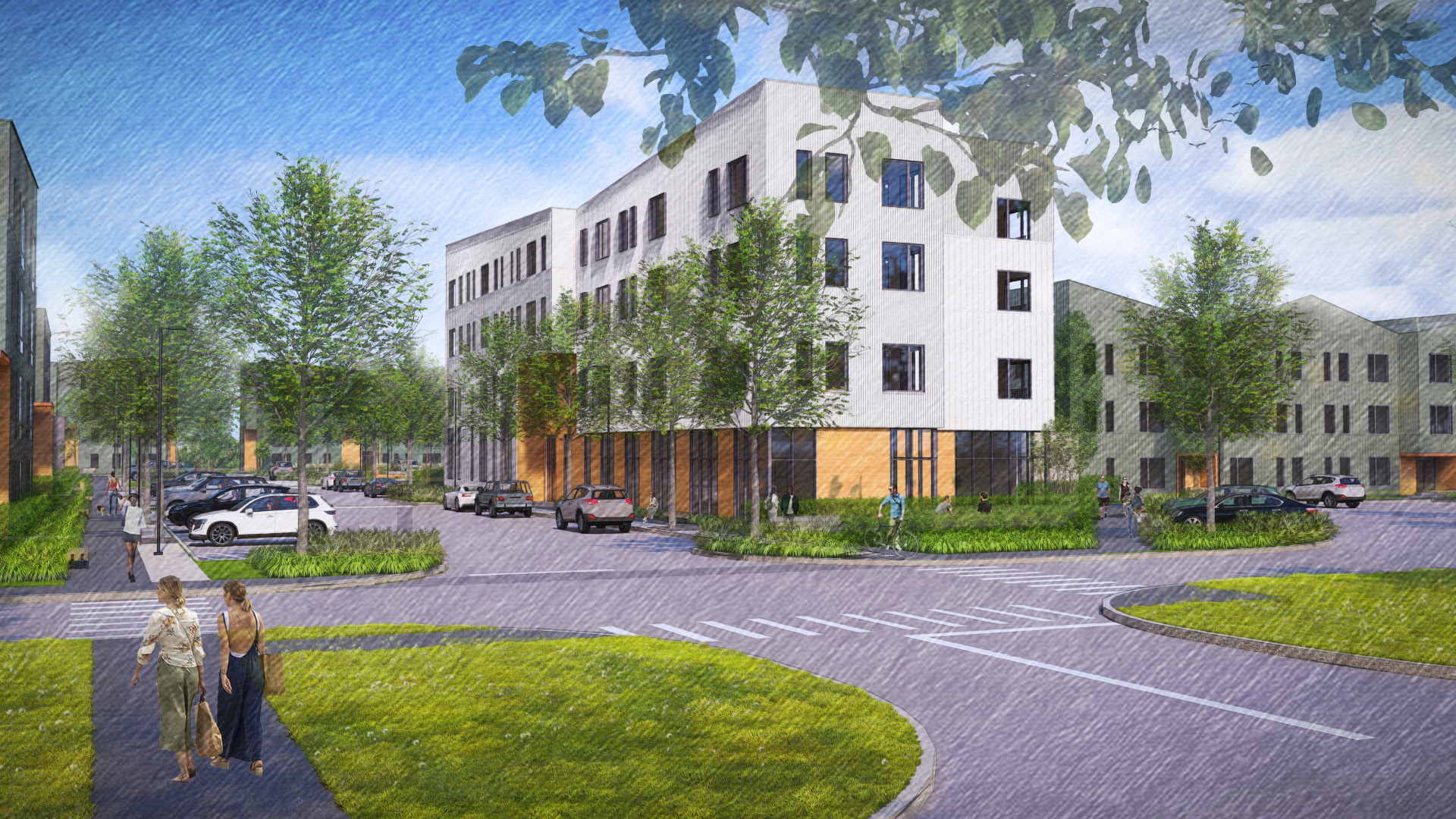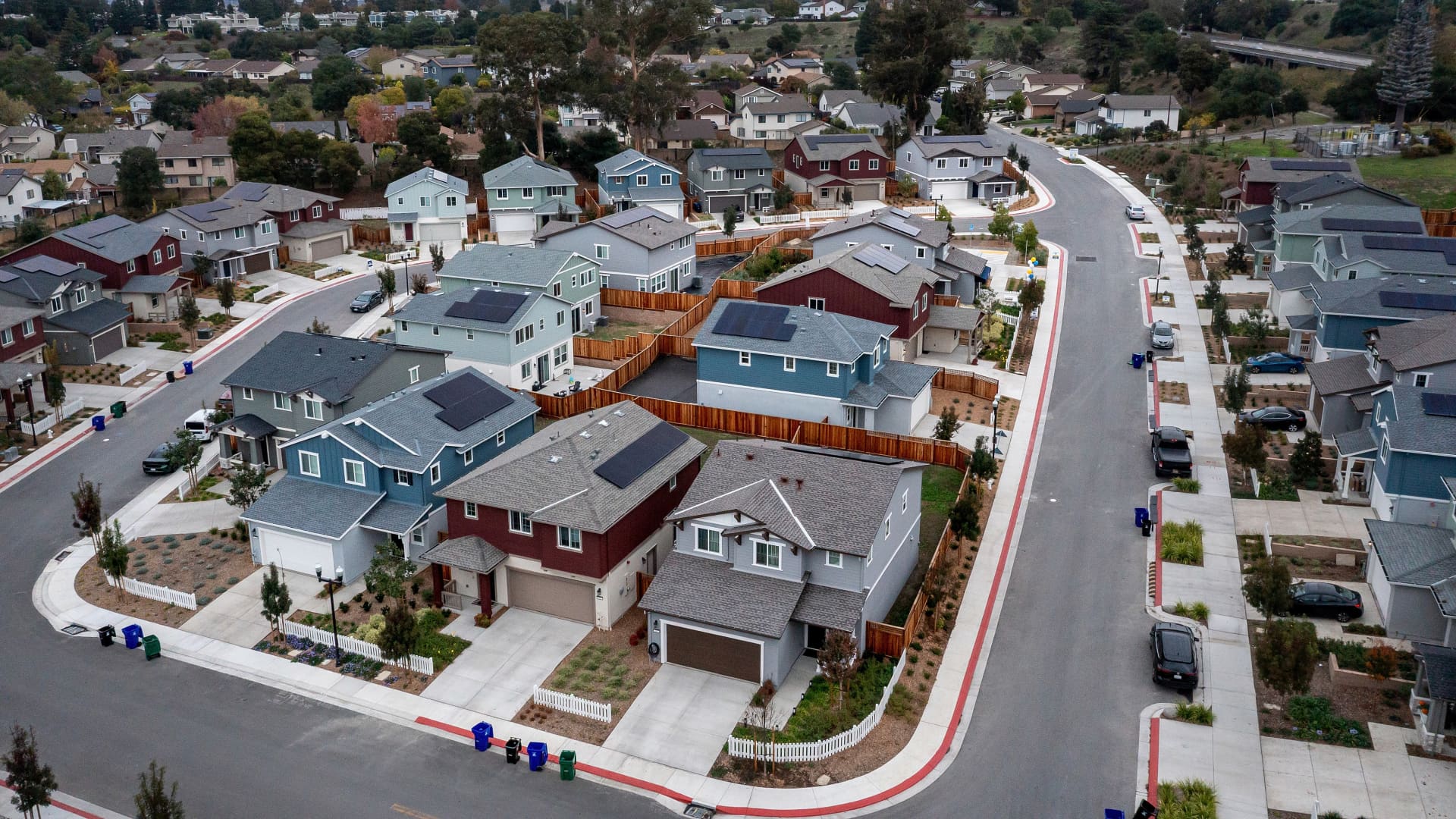I
n the rapidly evolving multifamily real estate landscape, Independence Realty Trust (IRT) stands out as a leader in navigating market volatility and driving long-term shareholder value. By leveraging a data-driven strategy, IRT has successfully balanced operational efficiency, balance sheet strength, and value-add renovations to position itself for sustainable growth.
Operational Efficiency: The Key to Profitability
IRT's focus on operational efficiency has yielded impressive results, with same-store portfolio Net Operating Income (NOI) increasing by 2.0% year-over-year in the second quarter of 2025. This growth was driven by stable occupancy and a 0.9% rise in effective monthly rent, as well as a 0.6% decline in operating expenses due to automation and favorable insurance renewals.
The company's value-add renovation program has been instrumental in achieving operational efficiency. In Q2 2025 alone, IRT completed renovations on 454 units at an average cost of $19,166 per unit, generating a 16.2% ROI and an average rent increase of $259 per unit. This resulted in a 60-basis-point improvement in NOI margins to 62.4%, highlighting the effectiveness of targeted capital expenditures.
Balance Sheet Strength: A Foundation for Resilience
IRT's financial discipline has enabled its strategic flexibility, with a net debt-to-EBITDA ratio decreasing from 6.7x in Q4 2023 to 6.3x as of June 30, 2025. This improvement was supported by a $716.4 million liquidity buffer and the extension of its unsecured credit facility to 2029. The company's BBB issuer rating from S&P Global Ratings has also strengthened its credit profile, allowing IRT to access capital at favorable terms.
Value-Add Renovations: Driving Long-Term Returns
IRT's value-add strategy focuses on high-impact renovations in non-gateway markets near employment hubs, achieving a 15.7% average ROI across its 2024 renovation program. For example, a property in Washington, D.C., reduced water consumption by 20% using AI-driven tools, saving $33,643 over nine months.
Looking ahead, IRT plans to invest $48–58 million in value-add renovations in 2025, with projected same-store NOI growth of 0.8–3.3%. These efforts will be complemented by strategic acquisitions, expanding IRT's footprint in high-growth submarkets.
Investment Implications
IRT's data-driven approach offers a compelling case for investors seeking exposure to a resilient sector. The company's ability to balance capital efficiency with aggressive growth while maintaining a strong balance sheet sets it apart from peers struggling with rising costs and regulatory complexity.
For investors, IRT provides both income and growth potential, with projected CFFO per share of $1.16–$1.19 in 2025 and a dividend yield of ~3.5%. However, interest rate trends and regional market dynamics may impact IRT's acquisition and renovation timelines.
Conclusion
IRT's integration of operational efficiency, financial prudence, and value-add innovation creates a virtuous cycle of growth in a recovering multifamily market. By prioritizing data-driven decision-making and tenant-centric upgrades, the company is enhancing asset performance while future-proofing its portfolio against macroeconomic uncertainties.
For investors, IRT represents a rare combination of defensive qualities and growth potential—a model worth considering in a diversified real estate portfolio.














